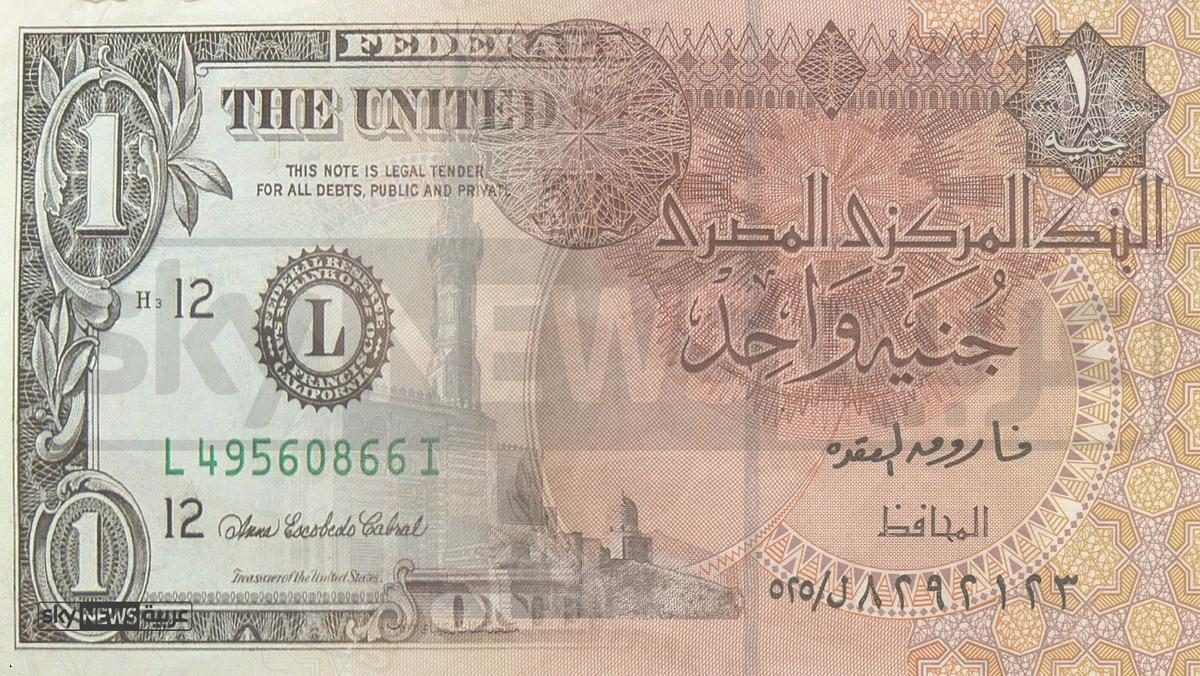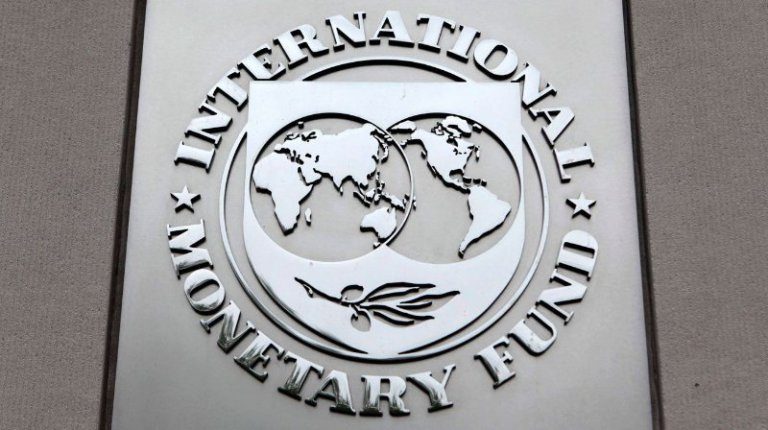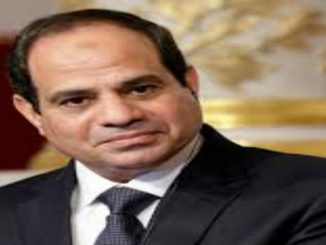
Egypt’s Beltone Financial said that they expect the Central Bank of Egypt (CBE) will float the pound “within hours,” considering the al-Sisi’s recent meeting with the CBE governor as a “final political endorsement” of the decision. Beltone predicted in its research report “The Final Alert : Floatation Within Hours” projected that the pound’s exchange rate will stand between EGP 11.5 and 12.5 per dollar, reported Mada Masr .
The firm issued a timeline for the expected floating based on two scenarios, saying that the CBE could pursue a full-fledged floatation or an initial managed floatation funded by foreign reserves, in which they would announce Egypt’s shift to a “more flexible exchange rate system,” according to Masr Al Arabia.
According to Beltone, in case the CBE decided to pursue the second option, the move to a full-fledged float will follow in two or three weeks.
Foreign reserves are expected to jump to $25-32 billion by November 6, as Egypt would have raised $3 to $5 billion in the Eurobond market, secured $2 billion from Saudi Arabia and potentially $1 to $2 billion through a currency swap with China, according to Beltone.
The timeline issued by Beltone shows that the period between October 4 and 9 would witness the International Monetary Fund’s (IMF) approval of Egypt’s $12 billion loan request. Egypt would receive the first patch of the IMF loan which according to Beltone will “act as the first shock to currency speculator.”
Egypt’s current foreign reserves stand at $16.564 billion, still less than half of the foreign reserves Egypt had before Hosni Mubarak’s removal when they were almost $36 billion.
In the period between October 9 and November 17, the CBE is expected to launch a crackdown on parallel market(the black market) in coordination with Misr Bank, National Bank to raise interest rates on certificate of deposits by 200-300 basis points, or higher, to over 15 % per annum.
An alternative would be holding a Monetary Policy Committee meeting to raise policy rates by the same magnitude.
In March, Egypt devalued the pound by about 14 %to reach EGP 8.78 against the dollar in an effort to narrow the gap between the official and parallel rates but the move failed to boost dollar liquidity or close the gap, with the pound being traded at around 13 to the dollar on the black market.
The Effect Of Floatioan On Egypt’s Economy and the Poor Classes
Floating the Egyptian currency will reduce the pressure on the central bank regarding the amount of foreign currency reserves available in the bank. However, this variable in macroeconomics terms is unimportant but the most important is the decline in the value of the national currency as a result of floating which will increase the exports, according to Sky News.
The Egyptian goods will be cheaper in the external markets -because the Egyptian pound’s value has declined sharply compared to the dollars, Euro and others- and therefore it will be more competitive.
On the other hand, the imports will be more expensive and it will be difficult for the Egyptians to buy many imported goods due to the sharp increase in their prices.
As a result, the local good consumption will hike and the domestic economic activities will increase as well. But the imbalance in the exports and imports will most probably lead to the so-called “collective demand duplication”, and increase the inflation rates, according to the theoretical calculations in economic books.
Moreover, “the parallel economy” percentage in Egypt which is almost equal to the official;means that the real inflation rates will be much higher than is caused by the collective demand duplication, and this will cause further impoverishment to the poor classes already found in the Egyptian community.
Egypt’s Former Minister of Finance: Appointing Military Officials is One of the Major Causes of the Economic Crisis
In an interview with the Egypt’s former Minister of Finance Youssef Boutros Ghali at Copts Today, he predicted that the dollar crisis will escalate and the exchange rate of the dollar will reach 18 to 20 Egyptian pounds by the end of July 2017; and by the end of this year the dollar will reach 15 pounds, according to Ghali.
He also said that the reason behind the current economic crisis is mainly the budget deficit, the collapse of the state’s departments, the debts and the misleading projects that do not have any effects on the people who started to wail from the expensive prices for all the goods on the market.
Ghali added that the main problem of the current regime is that it does not listen to anyone except the military who do not have any experience.



